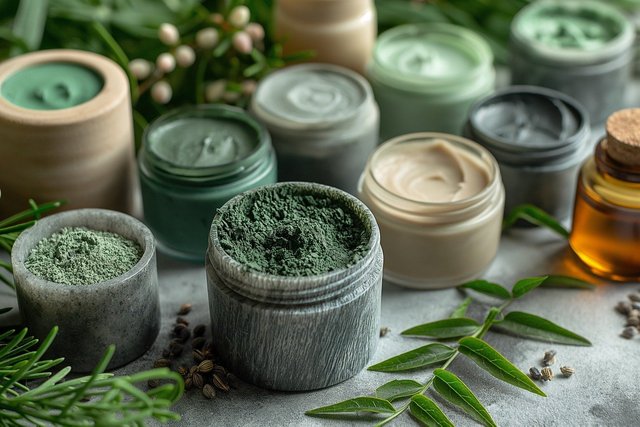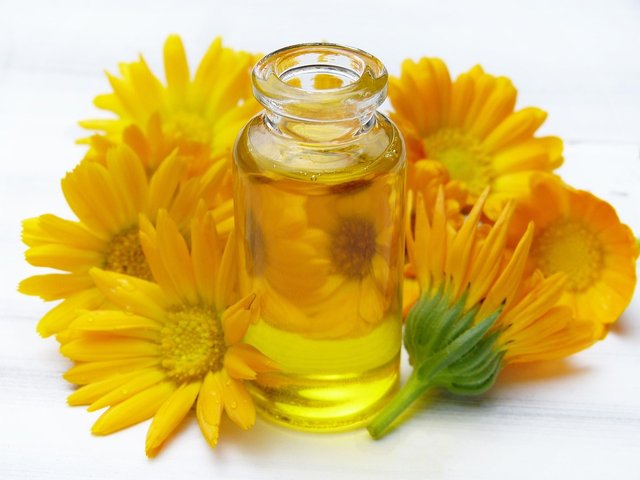We Use Many Products to Keep Our Skin Moisturized — But There's a Key Difference We Often Miss

We Use Many Products to Keep Our Skin Moisturized — But There's a Key Difference We Often Miss
We use many different products to keep our skin moisturized. However, there’s an important detail that many of us tend to overlook: moisturizing and hydrating are not actually the same thing. Yes, they may sound similar, but their effects on your skin are quite different.
As we browse through skincare products, we often see terms like “hydrator” and “moisturizer.” These are often confused with one another, but they play different roles depending on what your skin needs.
Moisturizers are typically oil-based and form a protective layer on the skin’s surface to prevent moisture loss through evaporation. Ingredients like petrolatum (vaseline), mineral oils, plant oils, and shea butter fall into this category. They soften the skin’s surface, reduce dryness, and strengthen the skin’s defense against environmental factors.
Hydrators, on the other hand, are designed to draw water into the skin. Ingredients like hyaluronic acid, glycerin, aloe vera, and honey attract water from the air or deeper layers of the skin and hold it in the upper layers. This gives the skin a plumper, more radiant, and healthy appearance.
So, which product is right for you? That depends on your skin type. If you have dry skin (meaning your skin naturally struggles to retain moisture), rich moisturizers are more effective. In winter months, thick creams help cover the skin and prevent water from evaporating. Very dry skin may benefit from heavier products like vaseline.
If your skin is dehydrated (lacking water), the approach is different. This skin type often looks dull, tight, and lifeless. In this case, the goal is to replenish the water content in the skin. Serums with hyaluronic acid are very effective here due to their high water-retention capacity.
People with oily skin shouldn't avoid these products either. Oily skin can still be dehydrated, which may lead to overproduction of sebum and worsen oiliness. For oily skin, lightweight, water-based, non-comedogenic products are recommended.
So, when choosing a product, instead of asking “cream or gel?”, it’s better to focus on the ingredients. The texture is not as important as the active ingredients inside. Good skincare may require a hydrator, a moisturizer, or both. For example, using a hydrating serum first and sealing it with a moisturizer can be a powerful combo.
In short, buying skincare without knowing what your skin really needs can sometimes create problems rather than solve them. Know your skin, listen to what it’s telling you, and pay attention to product ingredients. Remember, for healthy skin, sometimes it needs water, sometimes oil — and often both.
![ai-generated-8626818_1280.png]
